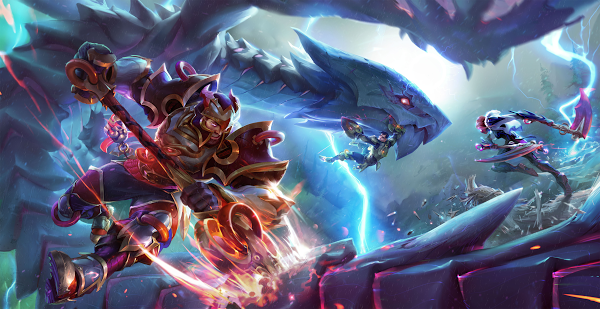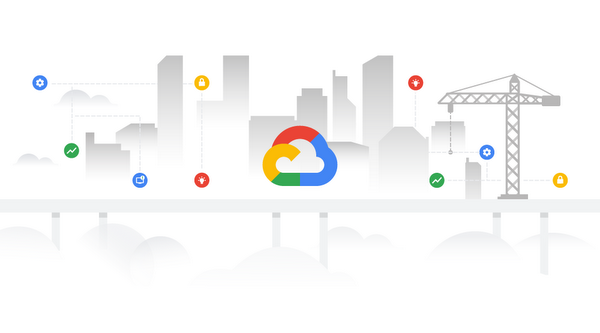In the role-playing video game Dauntless, players work in groups to battle monsters and protect the city-island of Ramsgate. Commitment reaps big rewards: with every beast slayed, you earn new weapons and armor made of the same materials as the Behemoth you took down, strengthening your arsenal for the next battle.
And when creating Dauntless, game studio Phoenix Labs channeled these same values of resourcefulness, teamwork, and persistence. But instead of using war pikes and swords, it wielded the power of the cloud to achieve its goals.
Preparing for unknown battles with containers and the cloud
For the gaming industry, launches bring unique technological challenges. It’s impossible to predict if a game will go viral, and developers like Phoenix Labs need to plan for a number of scenarios without knowing exactly how many players will show up and how much server capacity will ultimately be needed. In addition, since Dauntless was the first game in the industry to launch cross-platform–available on PlayStation 4, Xbox One, and PCs–it would be critical for all the underlying cloud-based services to work together flawlessly and provide an uninterrupted, real-time and consistent experience for players around the globe.
As part of staying agile to meet player needs, Phoenix Labs runs all its game servers in containers on Google Cloud Platform (GCP). The studio has a custom Google Kubernetes Engine (GKE) cluster in each region where Dauntless is available, across five continents (North America, Australia, Europe and Asia). When a player loads the game, Dauntless matches him or her with up to three other players, forming a virtual team that is taken to a neighboring island to hunt a Behemoth monster together. Each “group hunt” runs on an ephemeral pod on GKE, lasting for about 15 minutes before the players complete their assignment and return to Ramsgate to polish their weapons and prepare for the next battle.
“Containerizing servers isn’t very common in the gaming industry, especially for larger games,” said Simon Beaumont, VP Technology at Phoenix Labs. “Google Cloud spearheaded this effort with their leadership and unique technology expertise, and their platform gave us the flexibility to use Kubernetes-as-a-service in production.”





